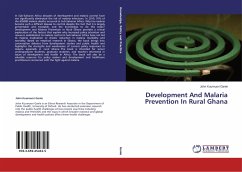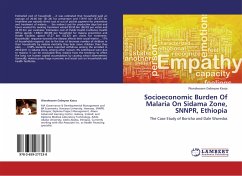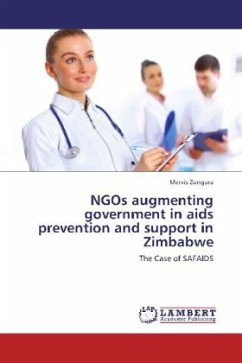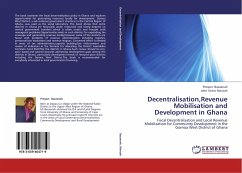In Sub-Saharan Africa decades of development and malaria control have not significantly eliminated the risk of malaria infections. In 2010, 91% of the 655000 malaria deaths occurred in Sub-Saharan Africa. Why has malaria become such a difficult disease to control despite the fact that it is largely preventable and treatable, and the knowledge to do this exists? Development and Malaria Prevention in Rural Ghana provides a critical exploration of the factors that explain why increased policy attention and resource mobilization to malaria control in Sub-Saharan Africa have not led to malaria eradication or drastic reduction in malaria morbidity and mortality. Based on empirical research in Ghana, the book brings into conversation debates from development studies and public health and highlights the strengths and weaknesses of current policy responses to malaria especially in rural Ghana. The book is intended for senior undergraduate students, graduate students, and teachers interested in issues of development and health in Africa. The book will also be a valuable resource for policy makers and development and healthcare practitioners concerned with the fight against malaria.








